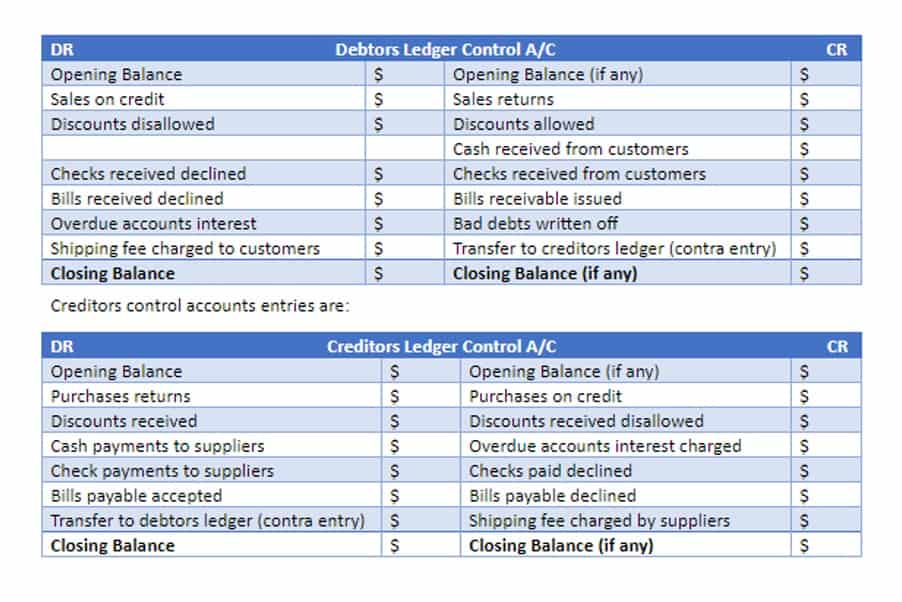
There are a lot of workforce-related expenses, such as salaries, bonuses, commissions, and employee training costs. Businesses should categorize expenses in a way that meets IRS guidelines, accurately reflects, spending, and aligns with company needs. Ongoing expenses for essential services required to run the business premises. If costs are silently creeping up, regular reviews help catch them early. You can also control costs by establishing spending limits Travel Agency Accounting for each department and with performance review tools like budget variance analysis.
- Smart expense management allows businesses to know when to cut back, where to invest, and where to deploy resources.
- By setting a budget for specific periods or projects, you can make sure you’re allocating your resources where your business needs them.
- Depreciation reflects the wear and tear on assets like buildings, equipment, and vehicles.
- Tax-deductible business expenses are those costs that a business can legally deduct from its income on its tax return, thereby reducing the taxable income and the amount of tax owed.
- Yes, you can deduct certain startup costs incurred before your business begins operations.
- Travel expenses include costs incurred when an employee travels away from their tax home for business-related activities.
Loan & Interest Payments
- Costs for health insurance, retirement plans, and other employee benefits.
- This ensures that all expenses are legitimate and adequately documented, reducing the risk of errors or fraudulent claims.
- It doesn’t include any other information about each account like balances, debits, and credits like a trial balance does.
- Proper documentation and compliance are essential to avoid errors and ensure accurate allocation of expenses.
- A well-defined expense policy is the foundation of effective expense management.
- We empower accounting teams to work more efficiently, accurately, and collaboratively, enabling them to add greater value to their organizations’ accounting processes.
These detailed records must https://www.bookstime.com/ also include the date, amount, and business purpose of the expense. While it’s possible to use personal accounts and cards, it complicates the categorization process. Review local tax regulations and work closely with your tax advisory team to ensure that the categories you use align with reporting requirements. The first step is to familiarize yourself with common expense categories. Finding out how much you spent on any given expensive category, be it travel, utilities, or automotive expenses, would be a cumbersome and time-consuming nightmare.
Software subscriptions

In fact, as directed by your respective taxation governments, necessary business expenses can be deducted from your taxable income. Business owners should consult with a tax professional to maximize eligible tax credits and deductions. This strategy not only ensures compliance with tax regulations but also minimizes the amount of taxable income, potentially lowering the business’s tax liability.
- And because net income flows into retained earnings, the reduction in earnings also reduces owner’s equity.
- Then, store the records on your computer or in the cloud for safekeeping.
- By implementing a strategy, a business can avoid financial discrepancies and maximize profit margins.
- These expenses are critical for maintaining and growing the company’s market presence, supporting customer relationships, and ensuring efficient operational management.
- They can provide strategic advice, ensure compliance with tax laws, and offer insights into financial health and planning.
Operating vs Non-Operating
Let’s say you spent $10,000 on the annual office trip this year, including entertainment expenses. You haven’t paid the travel agent yet, and they don’t mind if you pay during the next accounting period. They help track money spent for business and prepare GAAP-compliant financial reports at the end of the accounting period. Size – Set up your chart to have enough accounts to record transactions properly, but accounting expenses categories don’t go over board. The more accounts you have, the more difficult it will be consolidate them into financial statements and reports.

- These contracts can protect against unexpected repair costs and ensure equipment reliability.
- Naturally, many business owners and leaders wish to have a better understanding of what expense accounts are and how they work.
- Also called capital expenditure or capex, this is what a business spends on long-term assets (plants, equipment, technology) to fuel growth and improve efficiency.
- These advanced techniques provide deeper insights into financial health and aid in making more informed decisions.
- Payroll expenses encompass the total amount spent on employee compensation, including salaries, wages, bonuses, and taxes withheld.
Business expenses are treated differently depending on the entity type, making it important to understand these distinctions. Sole proprietorships, for instance, report business income and expenses on the owner’s individual tax return via Schedule C of Form 1040. Careful separation of personal and business expenses is crucial to avoid IRS scrutiny. Connect bank accounts to software or convert PDF credit cards or bank statements for easier expense tracking.
